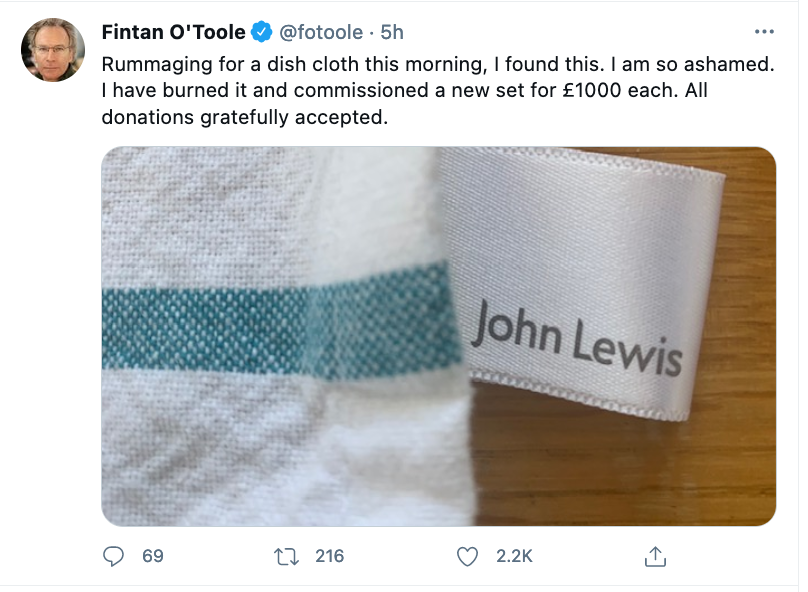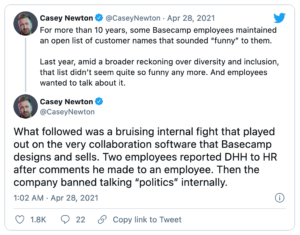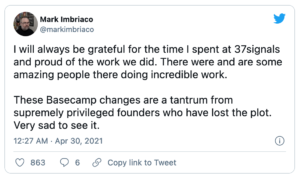My review of We are Bellingcat: An Intelligence Agency for the People, by Eliot Higgins, Bloomsbury, 255pp
On the face of it, this book tells an implausible story. It’s about how an ordinary guy – a bored administrator in Leicester, to be precise – becomes a skilled Internet sleuth solving puzzles and crimes which appear to defeat some of the world’s intelligence agencies. And yet it’s true. Eliot Higgins was indeed a bored administrator, out of a job and looking after his young daughter in 2011 while his wife went out to work. He was an avid watcher of YouTube videos, especially of those emanating from the Syrian civil war, and one day had an epiphany: “If you searched online you could find facts that neither the press nor the experts knew.”
Higgins realised that one reason why mainstream media were ignoring the torrent of material from the war zone that was being uploaded to YouTube and other social media channels was that these outlets were unable to verify or corroborate it. So he started a blog — the Brown Moses blog — and discovered that a smattering of other people had had a similar realisation, which was the seed crystal for the emergence of an online community that converged around news events that had left clues on YouTube, Facebook, Twitter and elsewhere.
This community of sleuths now sails under the flag of Bellingcat, a name taken from the children’s story about the ingenious mice who twig that the key to obtaining early warning of a cat’s approach is to put a bell round its neck. This has led to careless journalists calling members of the community “Bellingcats” — which leads them indignantly to point out that they are the mice, not the predators!
The engaging name belies a formidable little operation which has had a series of impressive scoops. One of the earliest involved confirming Russian involvement in the downing of MH17, the Malaysia Airlines aircraft brought down by a missile when flying over Ukraine. Other impressive scoops included identification of the Russian FSB agents responsible for the Skripal poisonings and finding the FSB operative who tried to assassinate Alexai Navalny, the Russian democratic campaigner and Putin opponent who is now imprisoned — and, reportedly, seriously ill — in a Russian gaol.
‘We are Bellingcat’ is a low-key account of how this remarkable outfit evolved and of the role that Mr Higgins played in its development. The deadpan style reflects the author’s desire to project himself as an ordinary Joe who stumbled on something significant and worked at it in collaboration with others. This level of understatement is admirable but not entirely persuasive for the simple reason that Higgins is no ordinary Joe. After all, one doesn’t make the transition from a bored, low-level administrator to become a Research Fellow at U.C. Berkeley’s Human Rights Center and a member of the International Criminal Court’s Technology Advisory Board without having some exceptional qualities.
One of the most striking things about Bellingcat’s success is that — at least up to this stage — its investigative methodology is (to use a cliché) not rocket science. It’s a combination of determination, stamina, cooperation, Internet-saviness, geolocation (where did something happen?), chronolocation (when did it happen?) and an inexhaustible appetite for social-media-trawling. There is, in other words, a Bellingcat methodology — and any journalist can learn it, provided his or her employer is prepared to provide the time and opportunity to do so. In response, Bellingcat has been doing ‘boot camps’ for journalists — first in Germany, Britain and France and — hopefully — in the US. And the good news is that some mainstream news outlets, including the New York Times, the Wall Street Journal and the BBC, have been setting up journalistic units working in similar ways.
In the heady days of the so-called ‘Arab spring’ there was a lot of excited hype about the way the smartphone had launched a new age of ‘Citizen Journalism’. This was a kind of category error which confused user-generated content badged as ‘witnessing’ with the scepticism, corroboration, verification, etc. that professional journalism requires. So in that sense one could say that the most seminal contribution Bellingcat has made so far is to explore and disseminate the tools needed to convert user-generated content into more credible information — and maybe, sometimes, into the first draft of history.
Mr Higgins makes continuous use of the phrase “open source” to describe information that he and his colleagues find online, when what he really means is that the information — because it is available online — is in the public domain. It is not ‘open source’ in the sense that the term is used in the computer industry, but I guess making that distinction is now a lost cause because mainstream media have re-versioned the phrase.
The great irony of the Bellingcat story is that the business model that finances the ‘free’ services (YouTube, Twitter, Facebook, Reddit, Instagram et al) that are polluting the public sphere and undermining democracy is also what provides Mr Higgins and his colleagues with the raw material from which their methodology extracts so many scoops and revelations. Mr Higgins doesn’t have much time for those of us who are hyper-critical of the tech industry. He sees it as a gift horse whose teeth should not be too carefully examined. And I suppose that, in his position, I might think the same.
…
Forthcoming in British Journalism Review, vol. 32, No 2, June 2021.










